Scientists-Scholars
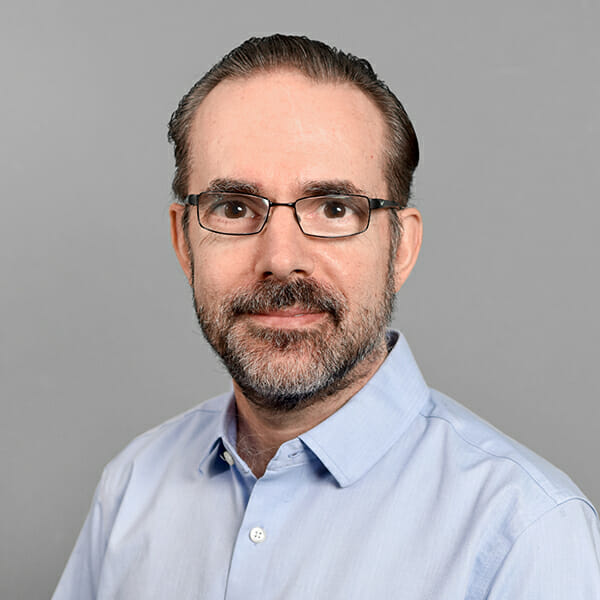
Janssen invited opinion: Managing the global commons
The Hindu, one of the main newspapers in India, has published an invited opinion piece by sustainability scientist Marco Janssen. In the piece, Janssen argues that we need to facilitate the self-governance of local commons, but provide safeguards at various levels.

Clean Growth Incubator rollout event Oct. 14
The ASU Laboratory for Energy And Power Solutions (LEAPS) and several ASU faculty have been working with the Center for Strategic Policy Innovation for several months to develop ways to enhance renewable energy development opportunities in medium-size cities across the U.S.
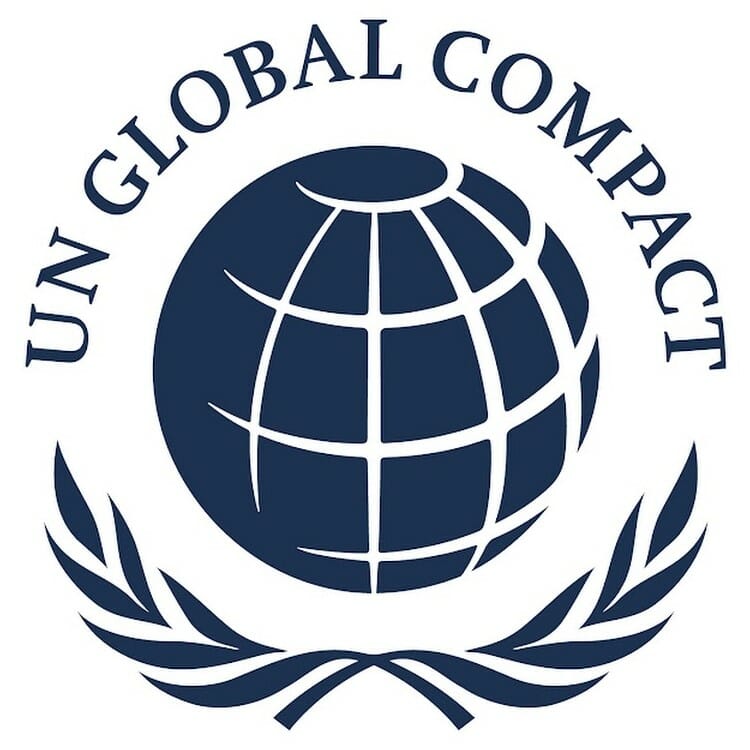
Watch: Global Futures Panels at the UN Global Compact
Recordings available. The Julie Ann Wrigley Global Futures Laboratory was able to showcase 142 faculty, staff and external partners to an international audience across 36 hours of programming specific to sustainable development, planetary systems, innovation, complexity and global futures.
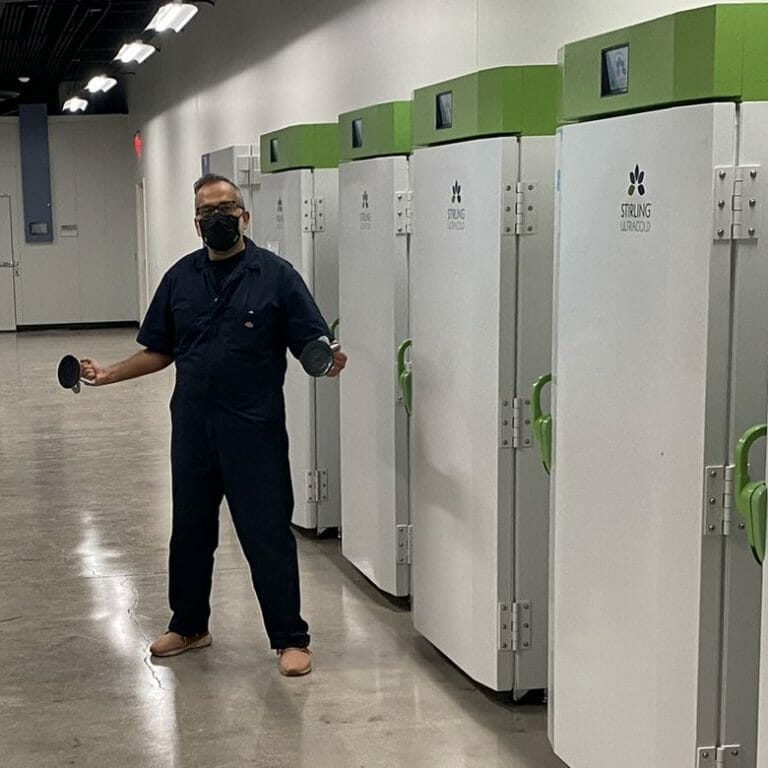
NEON Biorepository adds cryo collections space
ASU Biocollections and the NEON Biorepository has just completed phase one of physical renovations, with the addition of a nearly 4,000 square feet of “cryo collections” space, for NEON organismal and environmental samples stored at -80 degrees and in liquid nitrogen.

NSF issues call for sustainable regional systems proposals
The National Science Foundation has issued program solicitation NSF 20-611, Sustainable Regional Systems Research Networks (SRS RNs). Full proposals are due by January 11, 2021. NSF will hold an informational webinar on October 27, 2020.
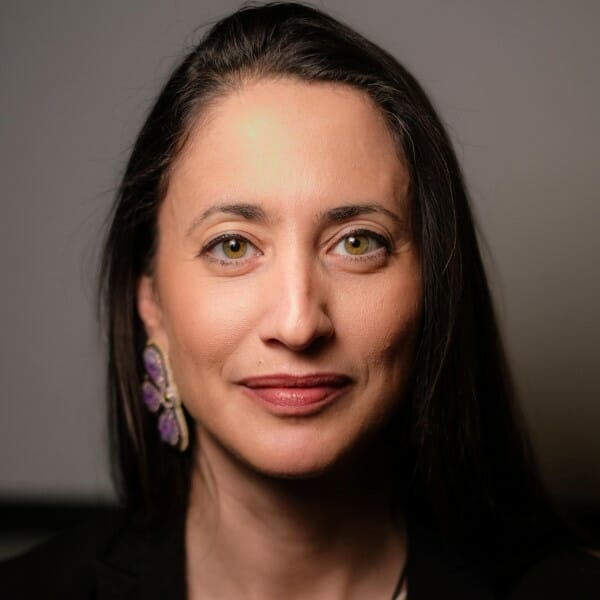
Video: Environmental Humanities Initiative distinguished lecture with Elizabeth Hoover
A recording of the Environmental Humanities Initiative’s 2020 distinguished lecture with Elizabeth Hoover is now available, along with a video of the lecture discussion, at the Institute for Humanities Research YouTube channel.
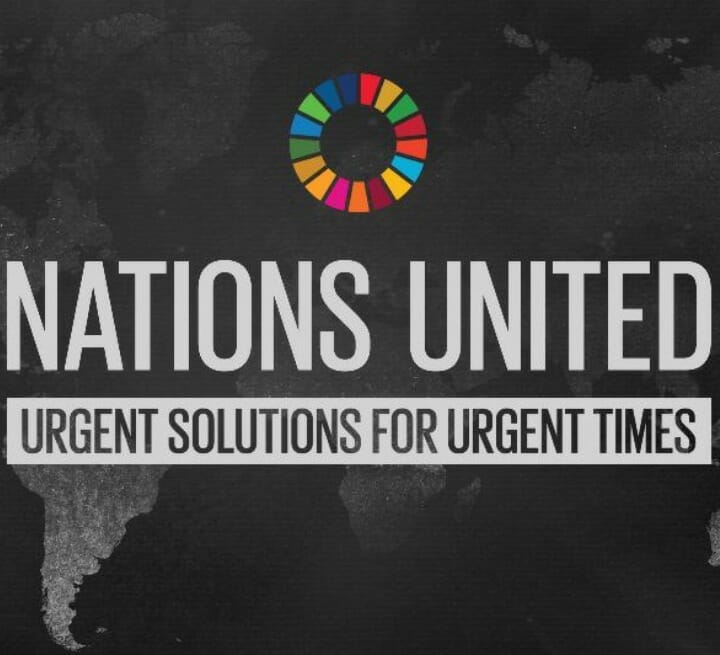
Nations United: Urgent solutions for urgent times
A new, 24-minute film called Nations United has been created by the United Nations on its 75th Anniversary and to mark five years since the adoption of the Sustainable Development Goals. In the midst of a pandemic radically transforming our world, Nations United tells the story of the world as it is, as it was, and as it could be. It focuses on the solutions and action we need to tackle poverty, inequality, injustice and climate change.

New climate video series centers on diverse youth voices
Countless people around the world, recognizing the urgency of this moment, are taking climate action in a way that draws from their personal experiences and passions. A new PBS video series in collaboration with ASU’s Julie Ann Wrigley Global Futures Laboratory and George Washington University’s Planet Forward is telling the stories of some of these courageous, innovative and captivating people.
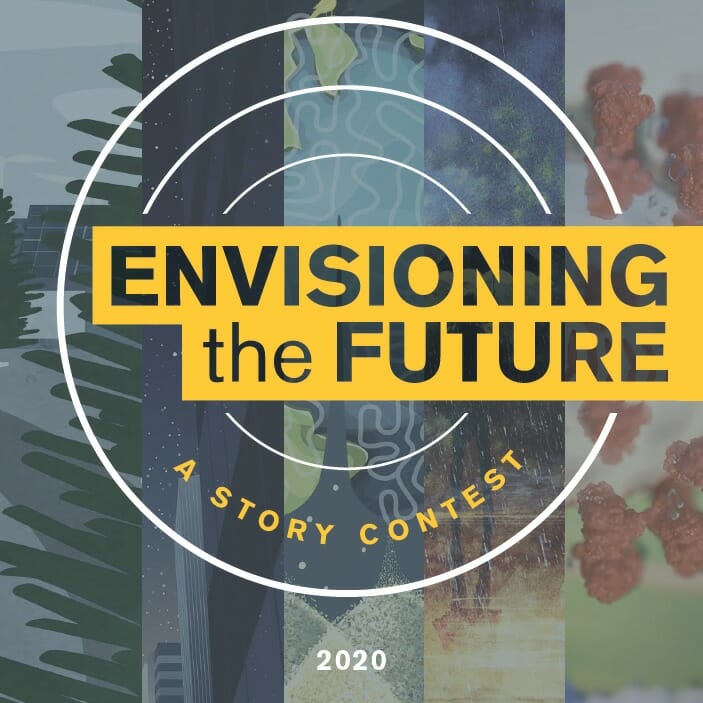
Writers from around the world envision the future, earn spot in new magazine
In April, Arizona State University’s Narrative Storytelling Initiative invited people worldwide to write a short story on what they think the future holds, based on our current world. No science fiction, no fantasy, but an imagined future reality. The results are in, and they’re illuminating. Enjoy the top five in a new magazine: Envisioning the Future, Volume 1.

West Coast Fires: Will they finally push us to act?
In our latest piece on Medium, co-authors Peter Schlosser and Steven Beschloss examine the wildfire outbreak across the western US and if this is finally the climate-oriented moment that will

Growth in plastic waste could exceed mitigation efforts
ASU Center for Biodiversity Outcomes Founding Director Leah Gerber and Associate Center Director of Biodiversity Valuation and Assessments Beth Polidoro published a Science article titled “Predicted growth in plastic waste exceeds efforts to mitigate plastic pollution.”
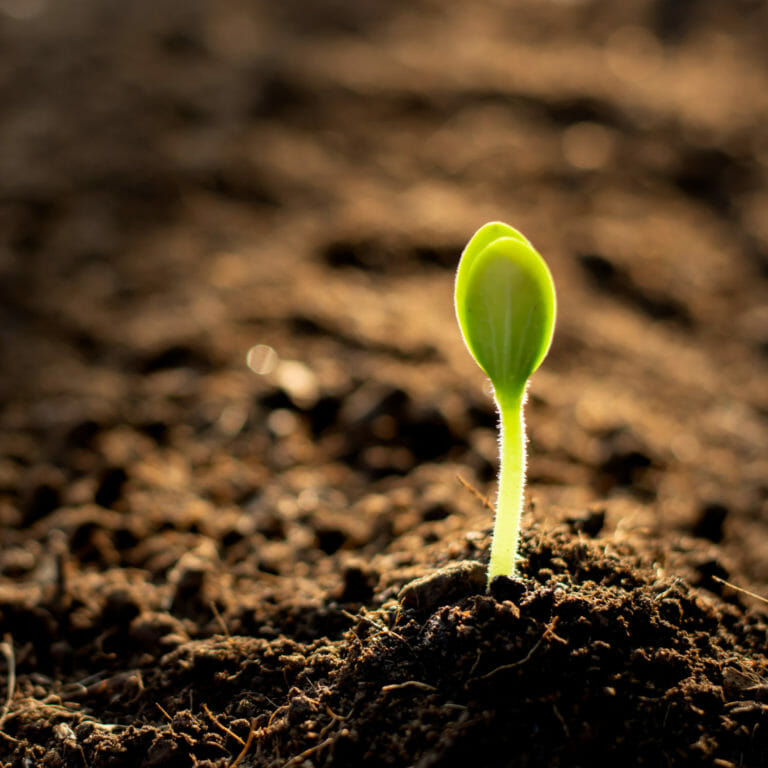
New study shows soil as significant carbon sequestration driver
As harmful atmospheric carbon dioxide levels continue to increase, understanding the planetary carbon balance has become the single most important scientific question. A new report by two leading ecological scientists at Arizona State University quantified the global soil carbon sequestered by roots plus the amount leached into the soil. They revealed that climate and land-use are major influencers of belowground carbon sequestration.